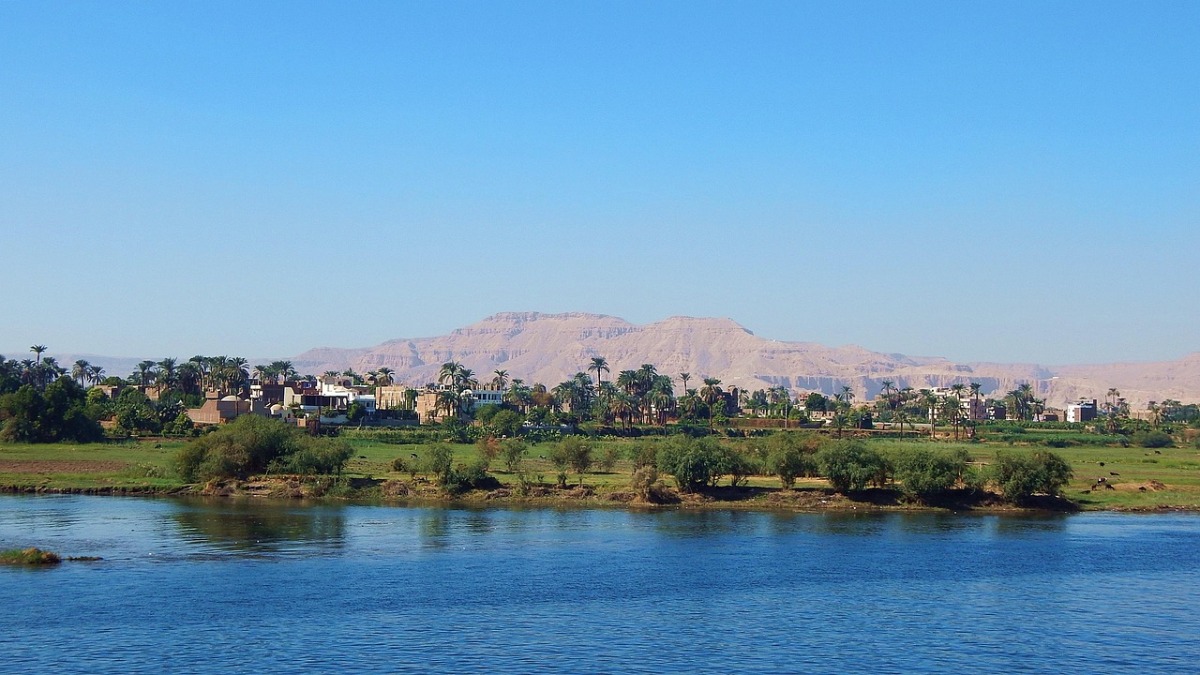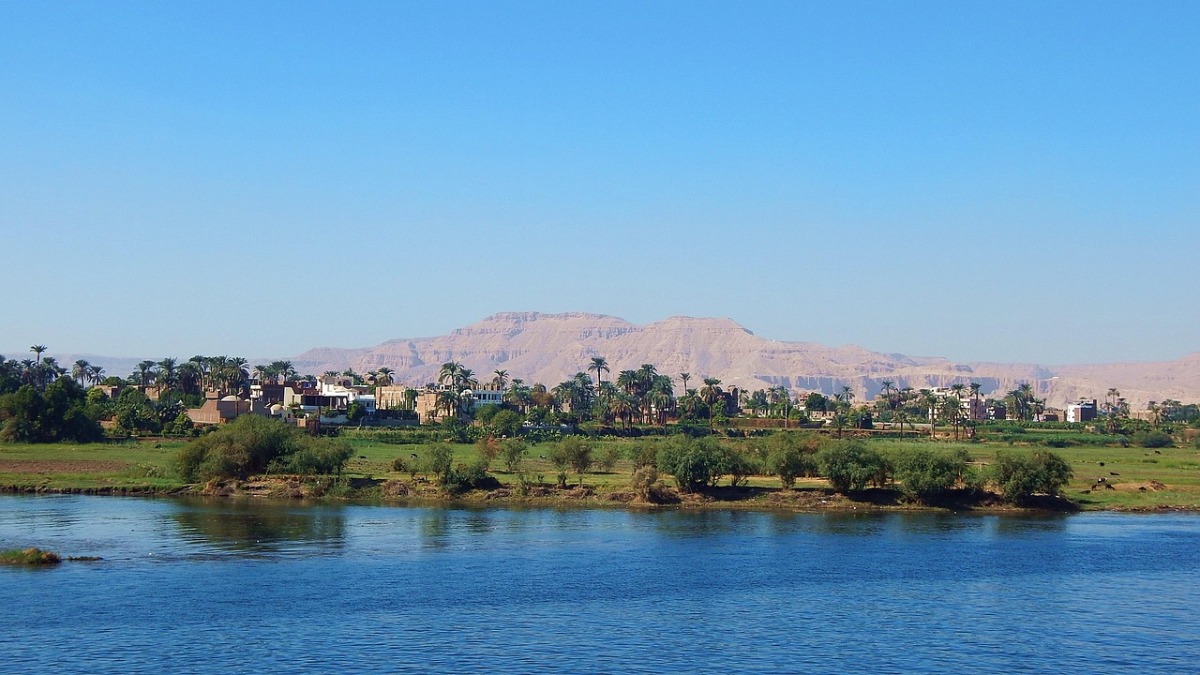Egypt has announced an ambitious project to redirect about 7% of the Nile River’s water to the desert west of Cairo, aiming to create a new agricultural delta and urbanize the area. The project involves irrigating nearly one million hectares of land and building a new city called Jirian, which will include residential, commercial, and free economic zones. This initiative aims to increase arable land, develop agriculture, control uncontrolled construction, and raise the value of state property. Three private investors, including the military agency Mostakbal Misr, have signed an agreement to implement the project.
Political Perspectives:
Left: Left-leaning outlets emphasize the environmental and social implications of Egypt’s project, highlighting concerns about water resource management, potential ecological impacts on the Nile ecosystem, and the effects on local communities. They may also discuss the need for sustainable development and question the involvement of military-linked investors.
Center: Centrist sources report the project as a significant national development initiative aimed at expanding agricultural land and urban areas to support Egypt’s growing population. They focus on the economic benefits, such as increased food production, job creation, and modernization, while noting the scale and ambition of the project.
Right: Right-leaning media highlight the project’s role in strengthening national sovereignty and economic independence. They emphasize the strategic importance of utilizing natural resources efficiently, the involvement of private and military investors as a sign of strong governance, and the potential for Egypt to become a regional leader in agricultural innovation.










